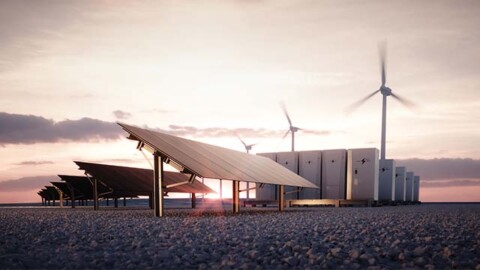New Clean Energy Council data has revealed investment levels in large-sale batteries have skyrocketed, while financial commitments in large-scale renewable projects have slowed to the lowest levels since 2016.
The data shows large-scale battery financial commitments increasing from 150MW of capacity in Q4 2020, to a whopping 600MW in Q1 2021.
Clean Energy Council Chief Executive, Kane Thornton, said, “Big batteries have come of age, with investors recognising the increasing cost competitiveness, as well as the role they play in providing energy security and supporting renewable energy across Australia.
“The projects committed in this quarter represent a 300 per cent increase in committed large-scale energy storage capacity compared to Q4 2020 and investment to the tune of $400-450 million.”
Clean Energy Council has also found that large-scale battery storage has become the superior choice for electricity peaking services, providing significant cost, flexibility and emissions advantages compared to equivalent open-cycle gas turbine plants.
Only one large-scale renewable energy project was financially committed in the first quarter of 2021, with the 400MW of new capacity 45 per cent lower than the previous quarter and 30 per cent lower than the 2020 quarterly average.
“This is a deeply concerning trend when, in light of the speed of the clean energy transition worldwide, the brakes are being put on Australia’s promise as a renewable energy superpower,” Mr Thornton said.
“Confidence for new investment in the sector is really in limbo at the moment. Projects are experiencing significant and often unanticipated delays through the grid connection process, and as we saw with the announcement of a new gas-peaking plant at Kurri Kurri, government intervention in the energy market adds to the uncertainty for investors.”
The single project reaching financial close in the opening quarter of 2021 – the New England Solar Farm in Uralla, New South Wales – marks the lowest number of new projects to reach the milestone in a quarter, since 2017.
















